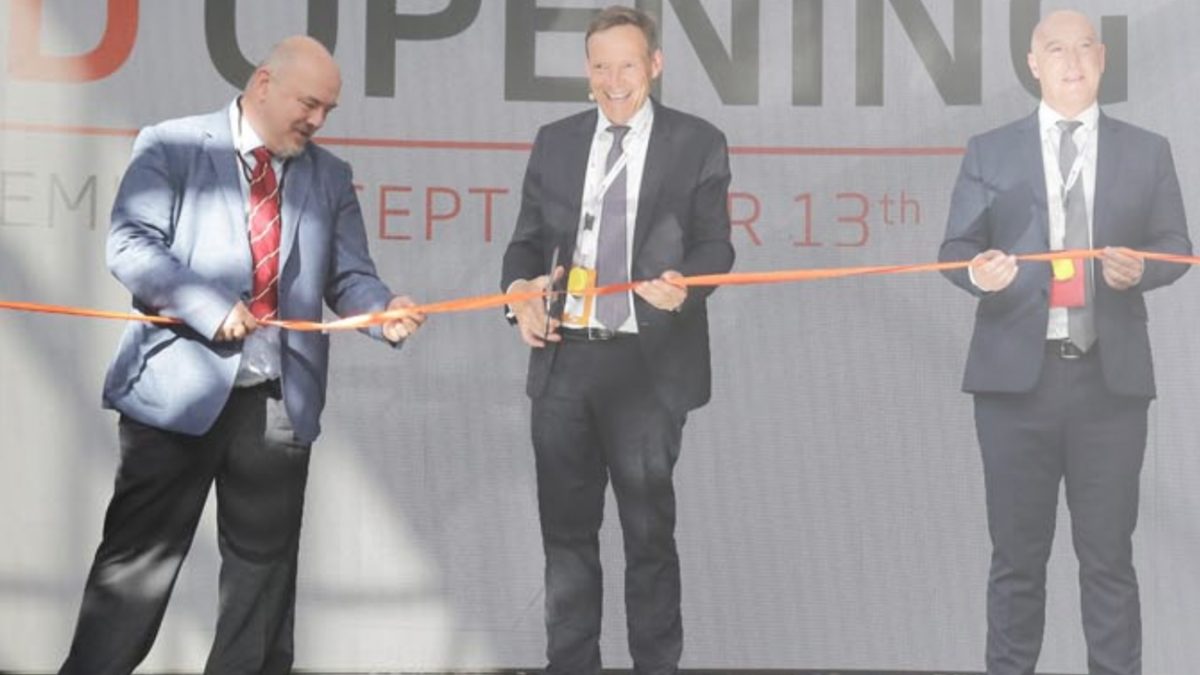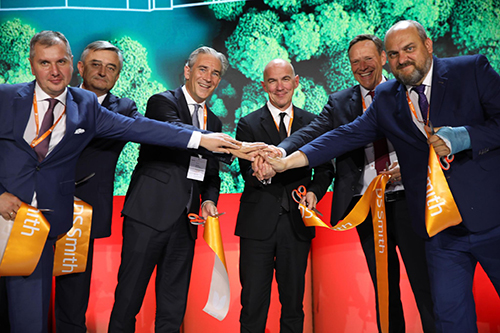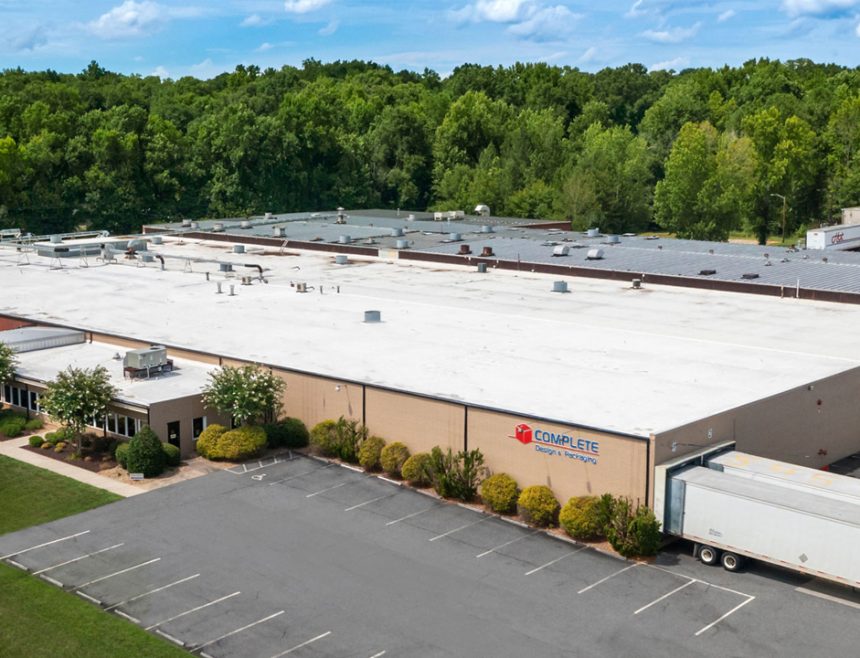DS Smith has extended its footprint into both Italy and Poland in support of its customers. The new energy-efficient sites will meet the rising demand for sustainable packaging and minimise carbon emissions.
With a combined investment of £100m and representing another key milestone for the company’s presence in Europe, the new state-of-the-art packaging facilities were formally launched on 13th and 15th of September in Castelfranco Emilia, Italy and Belchatow, Poland.
With 24 sites in Italy and eight in Poland, the new facilities will enhance the company’s presence in the two key European markets and have been built in response to continued consumer demand for innovation in sustainable packaging. The Italian and Polish sites will focus not just on recyclable fibre-based packaging, but on market requirements for solutions to replace plastics. The facilities will generate more than 250 new roles across both communities.
As well as increasing capacity, the investment reflects DS Smith’s commitment to grow sustainably while minimising emissions in operations and supply chain. The plan is one of the most ambitious decarbonisation plans in Europe and is based on a science-based target to reduce emissions by 46% by 2030 and to achieve Net Zero by 2050. In addition to innovative energy-saving measures and new technologies at the Italian and Polish sites, across Europe the company will increasingly look to diversify energy sources into lower carbon, non-fossil fuels, to reduce CO2 emissions.
“The good growth we have seen in Italy over the years is continuing and we are seeing a lot of customer interest in our sustainable packaging innovations. With state-of-the-art technology at Castelfranco Emilia and Belchatow and our long established, fully fibre-based approach, we’re very well placed to meet demand in both markets,” said Miles Roberts, Group Chief Executive, DS Smith.
Supporting sustainability with innovative technologies
Technologies at the new sites will be leading-edge. At Castelfranco Emilia, automated vertical warehousing will communicate automatically with machines on the factory floor to maximise productivity, as well as decreasing the physical footprint to increase safety and efficiency. At Belchatow, a range of technologies including Augmented Reality will help customers visualise and co-create new sustainable innovations with DS Smith experts, supported by analysis of market trends and shopper behaviours.
In line with its sustainability strategy, the factories will be as energy efficient as possible. For example, at Castelfranco Emilia, the site will be air conditioned by a geothermal system which takes water from a 90m deep underground well, keeping the site warm in winter and cool in summer.
Connected to its paper mill at Lucca, the Castelfranco Emilia packaging facility will reflect this circular approach to create a closed loop operating model. This increases recovery of recycled materials and ensures supply of a range of paper grades to Castelfranco Emilia and sites across Italy and Southern Europe to meet demand for innovative and sustainable packaging solutions. It is one of several such closed loops in support of the transition to a circular economy as part of DS Smith’s ‘Now & Next’ sustainability strategy.
“The reality is that saving energy and reducing carbon is just half of the climate challenge – the other is how we all make better use of our resources,” concludes Roberts. “A ‘take, make, waste’ approach must be consigned to the past, which is why we are helping customers make the transition to the circular economy through our Circular Design Principles, and why our own operating model is already inherently circular.”










